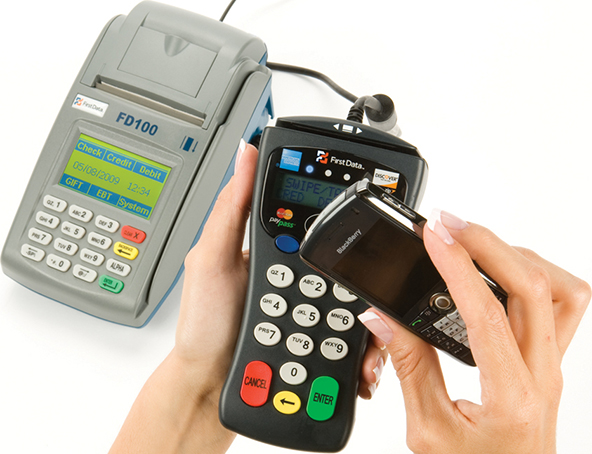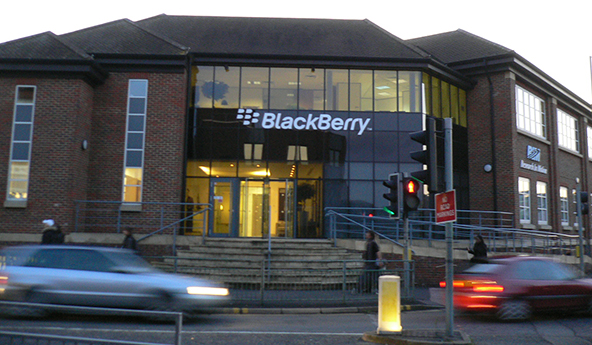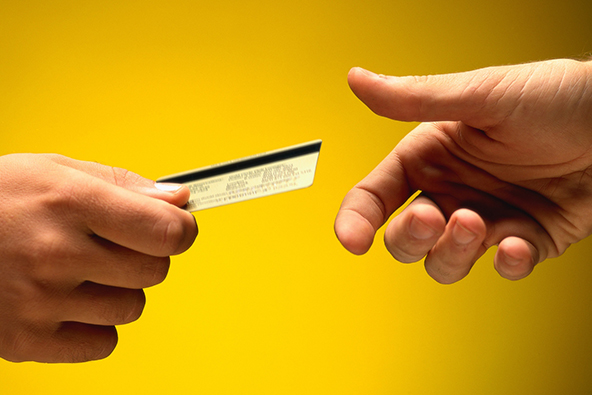Young Americans May Love Facebook, but Leave Mobile Payments to Banks

That is the conclusion of a new study from Market Strategies International, a market research company, we learn from American Banker and SourceMedia’s Kate Fitzgerald. Moreover, the ratio of young adults aged 18 – 34 who said they trusted established financial institutions with their mobile payments was even greater than the one for any other age group.
What makes the survey’s results perhaps even more significant is that it was conducted in November, when the fury against the ill-conceived debit card fees that all big banks tried to introduce reached its climax. Let’s take a look at what Market Strategies found.
46% of Young Americans Trust Old-Fashioned Banks with M-Payments
Here is who Americans of different age would prefer to supply them with mobile payments services:
|
Financial Srvcs Company |
Technology Company |
Mobile Carrier |
No Preference |
|
|
18 – 34 |
46% |
17% |
10% |
27% |
|
35 – 44 |
44% |
10% |
11% |
35% |
|
55 + |
34% |
4% |
11% |
51% |
The fact that trust in technology companies as mobile payments providers is decreasing with age is hardly surprising, although I, for one, would have expected the Apples and Googles of the world to score somewhat better with young users on that front.
Similarly, the fact that the “no preference” answer is also chosen more often by older consumers seems easy to explain. Younger Americans are much more active users of the products provided by technology companies and mobile carriers, while they use financial services just as often as older consumers, so they are much better positioned to qualify companies in each of these industries when it comes to providing a new type of service.
But why do they trust old-fashioned, stodgy banks with what is a new, cool technology more than they do the companies that are actually developing it? After all, Isis is a joint venture of three of the largest U.S. carriers, Google is now deploying its very own mobile wallet, all major makers of smart phones have either already launched, or will do so soon, an NFC-capable handset, and the list goes on.
Why Are Banks Trusted?
The Market Strategies researchers acknowledge the obvious, but don’t even attempt to explain why the much-maligned banks are trusted so much more with mobile payments than anyone else. Here is what Mark Willard, senior vice president and head of Market Strategies’ financial services division had to say on the results of his study:
We tested the hypothesis that younger folks who are quick to adopt new technology and are willing to put their entire lives in Facebook trust these alternative providers more than they do banks, and found no support for that theory… In fact, younger consumers seem even more focused than other groups on getting mobile-payment services from their current bank.
OK, but why is that the case? Moreover, among financial institutions only big banks, whose reputation could hardly be any lower right now, have the resources to develop and deploy a mobile payments platform on a meaningful scale.
I won’t claim to have the complete answer here, but I think that at least a part of it should have something to do precisely with the fact that youngsters are so much more familiar with all potential m-payments providers than older folks are. Perhaps they intuitively trust each one of them to provide exclusively the types of services they specialize in. So Facebook is good at doing social media, Google at developing information-based technologies, Apple at making cool gadgets, and so on, but they should all stick to what they do best and leave the processing of payments to those who know how to handle them.
The Takeaway
Of course, there is an obvious flaw in my reasoning and we only need to look at how iTunes reinvented the music records industry and how the iPad is now doing the same with the newspaper business model to see how quickly outsiders can muscle into an established industry (or destroy it, for that matter).
On the other hand, and to take a more relevant example, Google Checkout failed miserably in its challenge to PayPal, even though the search giant didn’t exactly skimp in its financing of the project. But then PayPal is itself a company that managed to create a brand new payment processing model right under the noses of the big banks in the dot-com era. It seems to me that this is the example that today’s contenders (PayPal very much among them) should look at for inspiration.
Yet, young and old consumers alike are giving banks an early vote of confidence for managing their mobile payments. Whether or not banks will be able to exploit their advantage remains to be seen.
Image credit: Indiaprwire.com.


